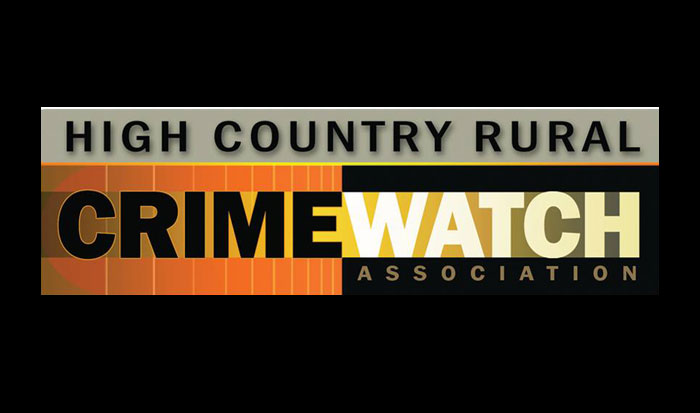How NOT to be a Victim
A few years back HCRCWA had the privilege of hosting Kerry Sauvé who gave a presentation over a morning at the Priddis Hall on “How not to be a Victim”. Kerry worked at a maximum security prison and had firsthand knowledge of how criminals and gangs operate. He delved into what you can do to protect yourself in your day-to-day activities, excursions, and while residing at your home.
For those who attended, he followed up by forwarding an electronic copy of his “Street Safe 360 – personal safety planning guide.” He asked that we not forward this guide as it is his personal work and I ask everyone to respect that. If we have Kerry as a speaker again, it would be my strong recommendation to take the time to attend.
Fortunately, for those of you who did not attend that session, I have found a book that contains similar information – “SEAL Survival Guide” written by Cade Courtley, a former Navy Seal. This is not about how to become a Navy SEAL (although he does provide snippets of his own training and live experiences in Iraq and elsewhere as a complement to illustrating a point).
Why did I look for a book(s) with this kind of information? I came across a saying recently, “Sometimes it takes decades for things to happen; sometimes decades happen in a very short period of time”. I believe there is plenty of evidence that we are in the latter situation right now. For example: COVID-19 & lockdown consequences, food inflation and potential food shortages, general inflation increases, the Russian/Ukrainian war, potential of nuclear war at some level, increased energy costs, supply chain disruptions to name a few recent trends. These events have/will have consequences over and above the threats to our person and property we have had to deal with in the normal course up to now. So how does one prepare and protect oneself?
The SEAL Survival Guide takes you through different situations in which you can find yourself, how to avoid those situations, or if you can’t, how to deal with a situation when it arises. The book turned out to be more relevant than I’d initially thought when I picked it up. Right off the bat it was a bit like the proverbial drinking from a firehose with all of the to-the-point information it contained. There’s not a lot of fluff. As I read, I made a mental note that I’m going to have to read it again as there is “homework” you need to do to be prepared.
The book contains concepts like:
- Mental Preparation – eg. run through scenarios in your mind, then physically practice your response (like a fire drill)
- Situational Awareness
- The Rule of Three
- Self Defense
- The Grey Man
In my opinion the true value of the book (and its intent) is the description and handling of various, very plausible situations you may find yourself in:
- Animal Attacks – dogs, bears, cougars
- Auto Accidents
- Burglary and Robbery
- Gang Violence
- Pandemics
- Riots and Stampedes
- Road Rage
The handling of many less likely situations is also described – home invasion, nuclear attack, stalkers, surveillance detection, carjacking, being lost in various environments, to name a few.
The last two parts of the book address “Gear and Improvised Weapons” and “Survival Medicine” (it should be noted that the reference to weapons is for their use as a last resort). Practical preps like what should be in your go bag. I was interested in what his list looked like as in my article last November on Evacuation Order Preparation, I gave a list of things to take. His list is much more extensive than mine probably due to the fact my article was geared toward staying temporarily at an evacuation centre while his is oriented toward surviving on your own.
HCRCWA’s Mission Statement is “To safeguard people and property in all our rural communities through awareness, communication and education”. After reading the book, I thought it would be a useful tool to pass along as it is in alignment with HCRCWA’s mission statement.
I’m sure there are other books and resources out there that are of similar relevance and magnitude, and I’d welcome readers’ input of other suggestions. My intention is not to recommend a singular book, but to help you prepare for your safety, your family’s safety, and the security of your property. The SEAL Survival Guide is one resource that helps accomplish that. Happy reading.
Dave Schroeder
HCRCWA Board Member























